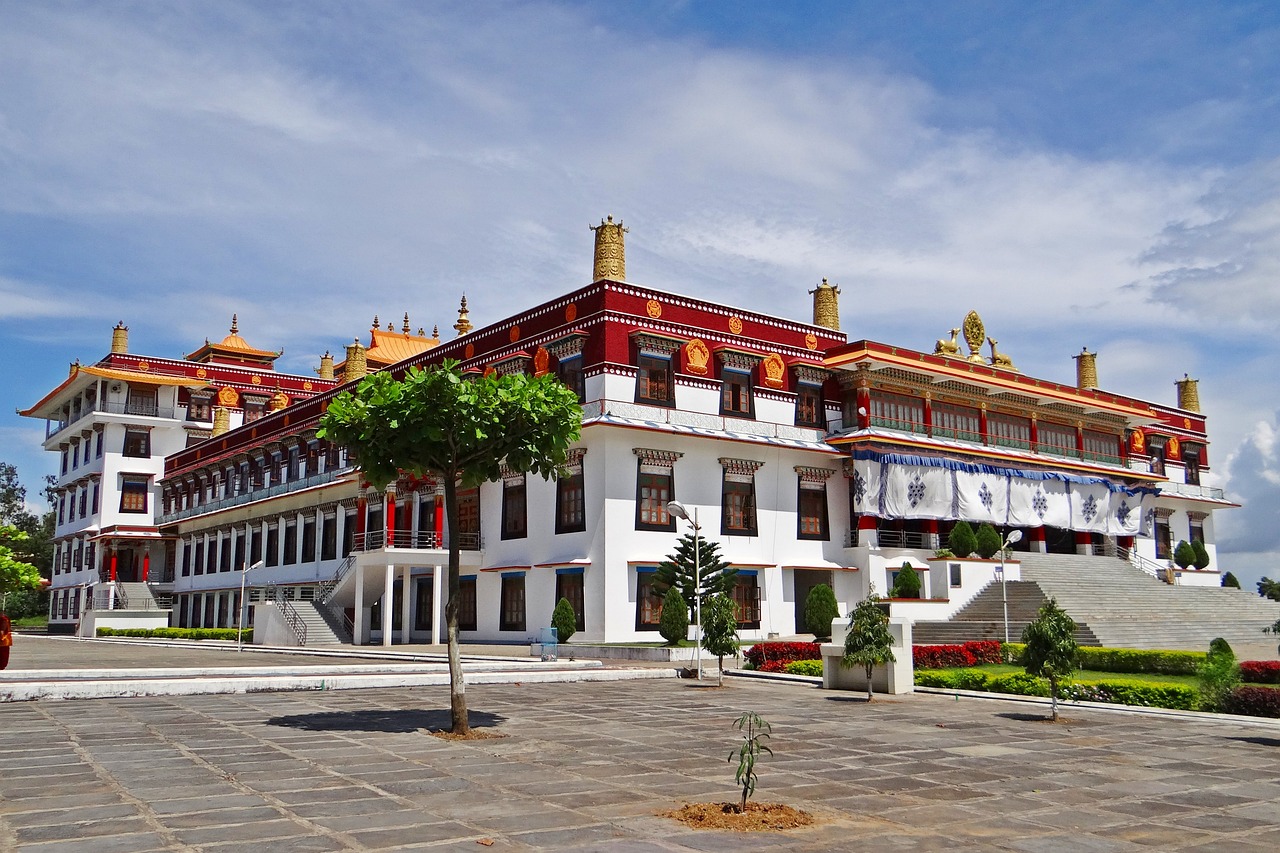Analyzing the Role of Political Action Committees (PACs) in Shaping Policy Priorities
Political Action Committees (PACs) emerged in the United States during the post-Watergate era as a means for groups and individuals to pool their resources and support political candidates. The formation of PACs was primarily driven by the desire to level the playing field in campaign finance and provide a platform for collective political advocacy.
Initially, PACs were subject to strict regulations that limited their fundraising capabilities and spending. However, over time, legal changes and court decisions have significantly altered the landscape, allowing PACs to become major players in election campaigns. The evolution of PACs has raised concerns about their potential to wield undue influence over candidates and the political process.
The Influence of PACs on Political Campaigns
Political Action Committees (PACs) play a significant role in shaping political campaigns in the United States. By pooling contributions from individuals, corporations, and other groups, PACs are able to financially support candidates and influence the outcome of elections. These funds can be used for advertising, voter outreach, and other campaign activities that are essential for a candidate’s success.
The influence of PACs on political campaigns extends beyond just financial support. PACs can also provide candidates with access to influential networks and resources that can boost their visibility and credibility among voters. This can be particularly advantageous in highly competitive races where candidates need all the support they can get to stand out and win over voters.
The Relationship Between PACs and Political Candidates
The financial support from Political Action Committees (PACs) can significantly impact the success of political candidates in their election campaigns. PACs can donate funds directly to candidates or spend money independently on supporting or opposing candidates through advertisements and other means. This support can help candidates increase their visibility, reach a broader audience, and ultimately enhance their chances of winning elections.
On the flip side, candidates who receive substantial contributions from PACs may face criticism for being influenced by special interests. Skeptics argue that candidates may prioritize the interests of PACs that fund their campaigns over the needs of their constituents. This perceived coziness with PACs can tarnish a candidate’s reputation and erode public trust. Consequently, the relationship between PACs and political candidates is a double-edged sword that requires careful navigation for candidates seeking both financial support and credibility.





